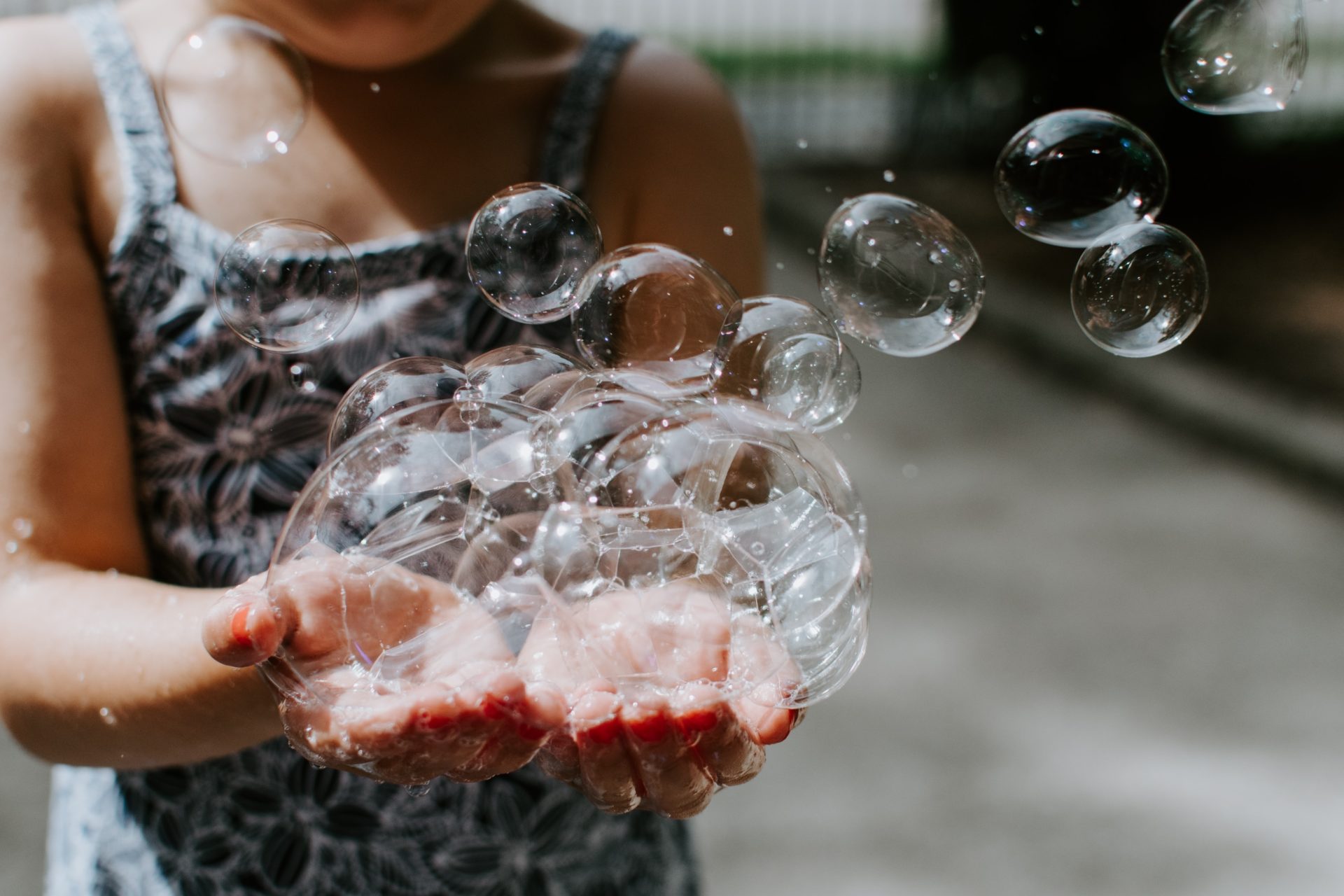
Small Steps Series: Keeping It Clean! A soap debate
Welcome to the Small Steps Series! Tune!FM’s very own student guide to sustainability and environmentally conscious living, whilst being broke as hell…
Sustainability is something that’s thrown around a lot these days. We’re constantly being pushed to be more environmentally friendly and REDUCE, REUSE, RECYCLE. With the world kinda burning and all, no wonder we’re getting depressed about it. Not all of us are set out to be the next Greta Thunberg (AKA kickass teen climate activist) and environmentally friendly products usually come with hefty price tags.
Before you get your single-use plastic bags all in a knot, that’s what we’re here for. Sustainability goes beyond your morning KeepCup and into a way of thinking about all the products we buy. It’s quite easy to think sustainable and not break the bank. In fact, we’re here to help you adjust to that very way of thinking and hopefully save you a few $$$ along the way.
Tips and tricks for sustainable shopping
- Making an environmentally conscious shop doesn’t have to break the bank. If you don’t have them, I recommend downloading the app of your chosen supermarket. Coles and Woolies both have apps that show you what products look like and what specials are in store atm. This can stop you from staring blankly at the shelves having a moral dilemma over which product is more sustainable.
- My first real tip is considering the packaging of what you are buying. When you pick something from the shelves, deconstruct it in your mind. Once you open/ use the product, what are you going to be throwing away? So for things like veggies, fresh and free are probably better than those wrapped in plastic or containers. Anything that can be recycled or reused like glass jars and cardboard is definitely preferred over the demon that is single-use plastics.
Now let’s look at how this translates into, you know, real life.
Let’s get a little dirty… with soap.
Liquid or bar soap? It’s a question that has been plaguing us for years. Truly. It’s insane how much research has gone into the soap debate. Here’s the low down on the sudsy science:
- Bar soap has a smaller carbon footprint. It takes 5x less energy to create and 20x less energy to package than liquid soap.
- It’s just as hygienic as liquid soap, so no gross germs or extra bacteria like the liquid soap propaganda would have you believe.
- Liquid soap does use 30% less water in the shower, however, it needs more water to treat the chemicals and run-off down the drain so it’s pretty equal.
- Bar soap is more space-efficient (takes up less room) and its packaging is more sustainable because it doesn’t mass produce plastic.
- Bar soap is CHEAP!
If you want to check the soapy science for yourselves, you can find the links down below to the original articles.
Sudsy Suggestions
Here are our picks for all different budgets and for those who want to get a little boujee with it.
If your budget is: just a literal crying emoji…

Ecostore’s Lemongrass soap ($2.59)
or Priya Goat’s Milk soap for ($2)
If your budget is: I’m not sure what my account looks like, and I’m scared to check…

thank you Goat’s milk and Lemon Myrtle soap ($5)
Not only does this bad buy make a good environmental choice but it also helps out people in need with hygiene and sanitation efforts.
If your budget is: Just got paid…

For a treat, check out the local markets for any soaps sold there. They are relatively cheap and help support local business. It also cuts the carbon footprint on the transport cost.
Or
This brand, which goes for around ($8). You can find it online here: www.floraandfauna.com.au. It does get shipped to you, so it’s not as great as local handmade products do to the energy used in shipping and packaging. But the companies involved to try and limit these impacts as much as possible.
Happy hygiene everyone!


